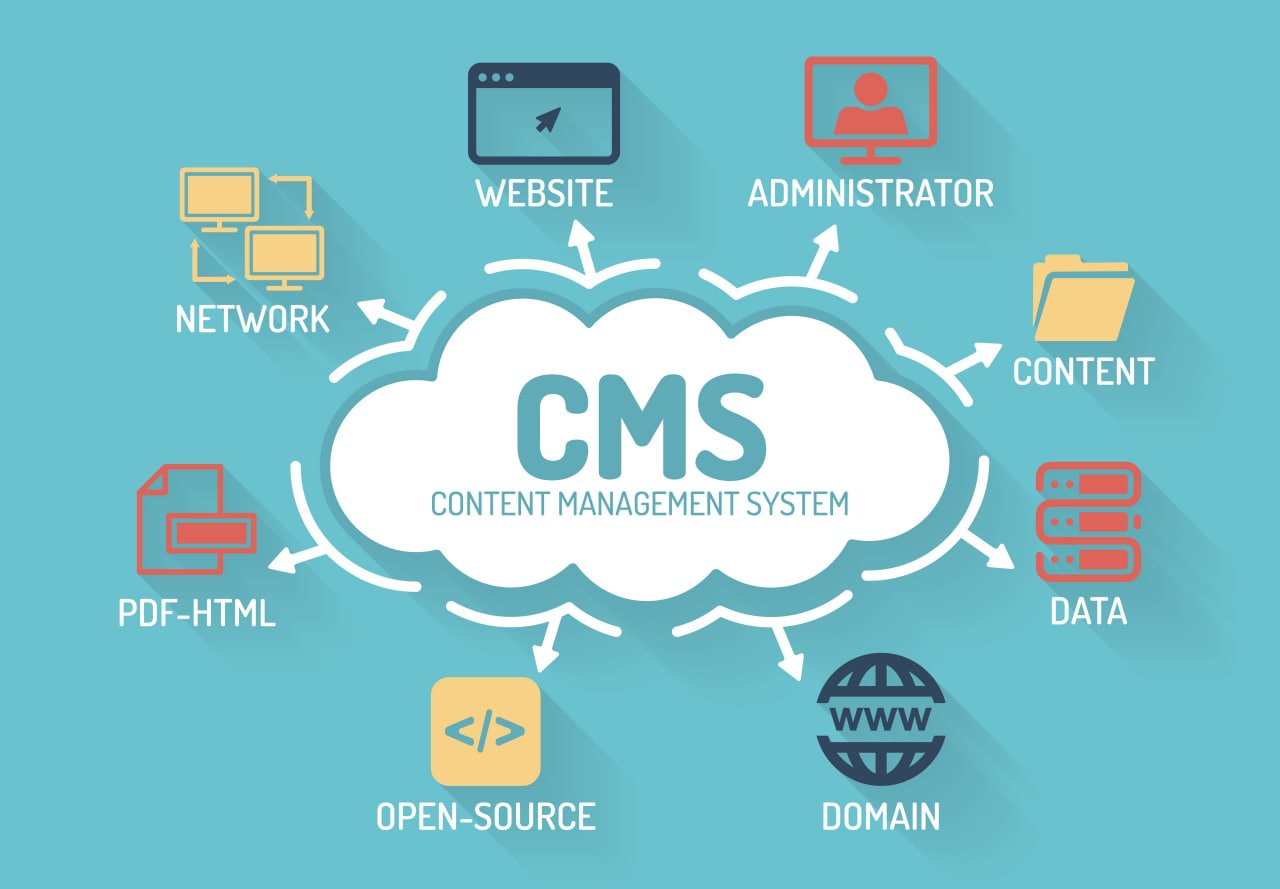Introduction and CMS Platform Overview
In the modern world of web development, choosing the right CMS platform is a critical decision for the successful launch of a website. There are several options, each with its own advantages and features.
WordPress: Flexibility and Popularity
WordPress is arguably one of the most widespread CMS platforms. Its appeal lies in its user-friendly nature, extensive library of plugins and themes, as well as support from a vast community. It is an excellent choice for blogs, personal sites, and small businesses.
Joomla: Balanced Functionality
Joomla provides more advanced content management capabilities. The system is designed for medium-sized projects and has a structure that facilitates information organization. Joomla requires some time to master but rewards with its functionality.
High Customization with Drupal and E-Commerce with Shopify
Drupal is a powerful CMS platform tailored for complex projects. It offers a high degree of customization and control, making it a choice for websites with unique requirements. However, for optimal efficiency, using Drupal requires additional time for learning.
On the other hand, Shopify specializes in e-commerce. It provides integrated solutions for building online stores, making it attractive for entrepreneurs. However, it’s worth noting that maintaining a store on Shopify may be more expensive in the long run.
Ultimately, the choice of CMS depends on your unique needs, level of technical expertise, and the goals of your web project. Thoroughly exploring each platform will enable you to make an informed decision and create a website that aligns with your expectations.

